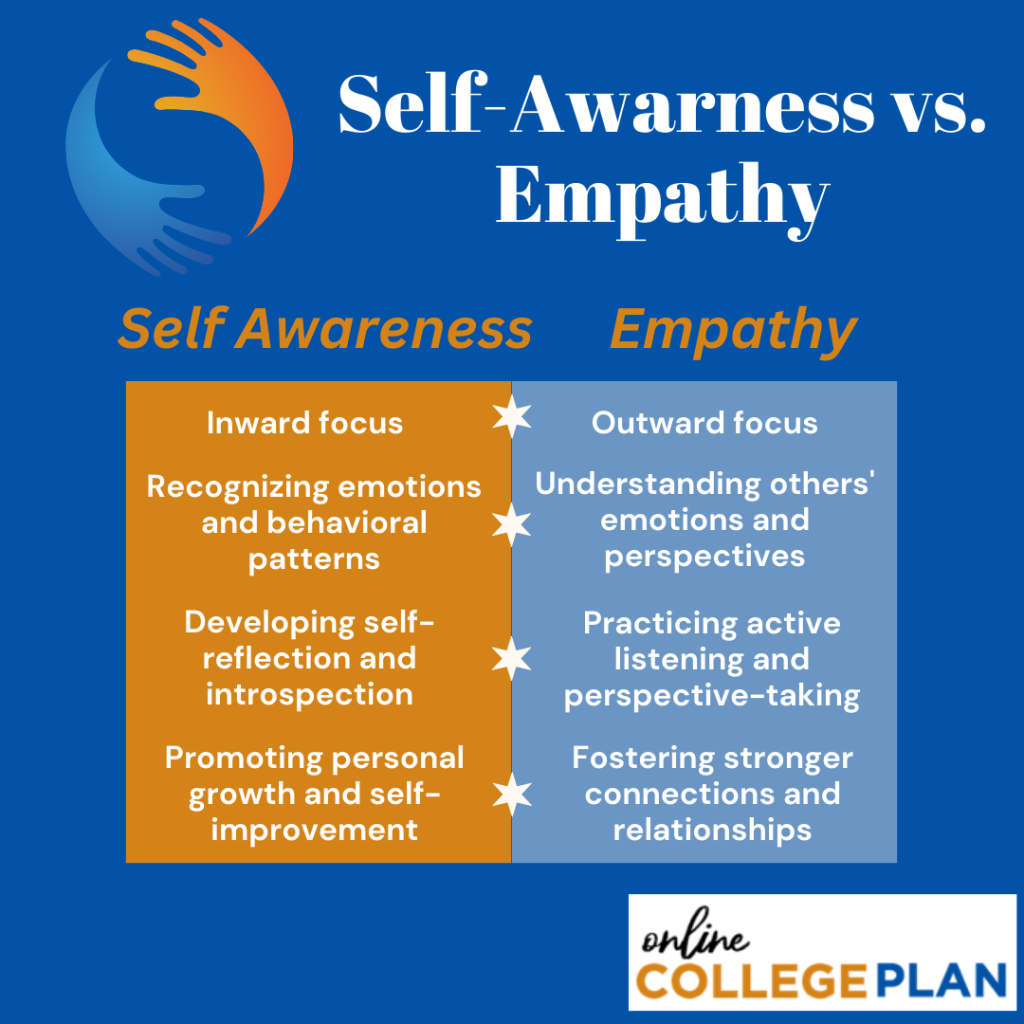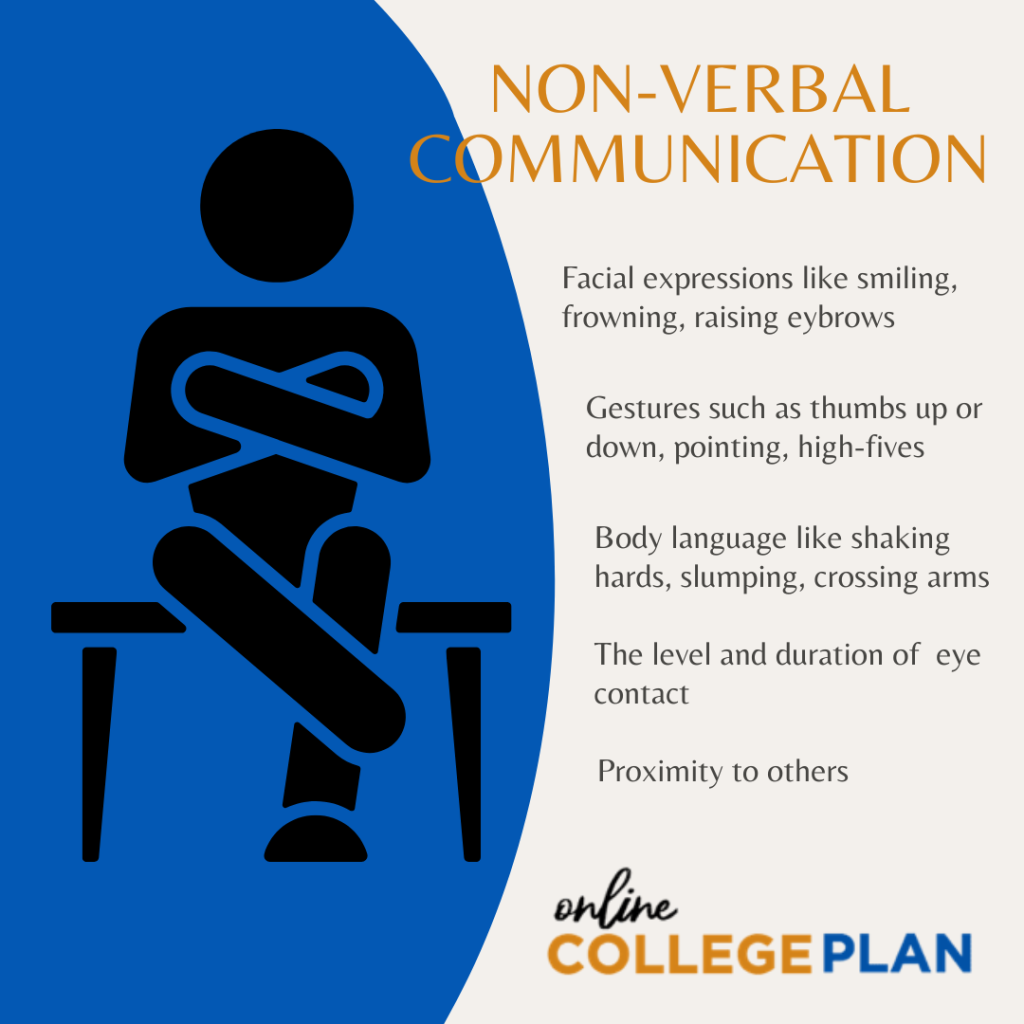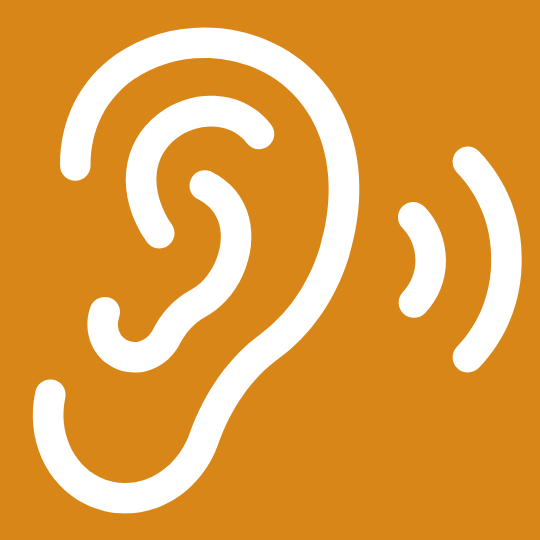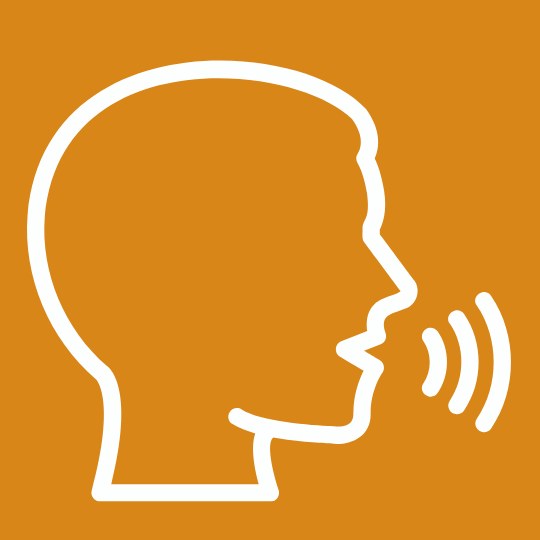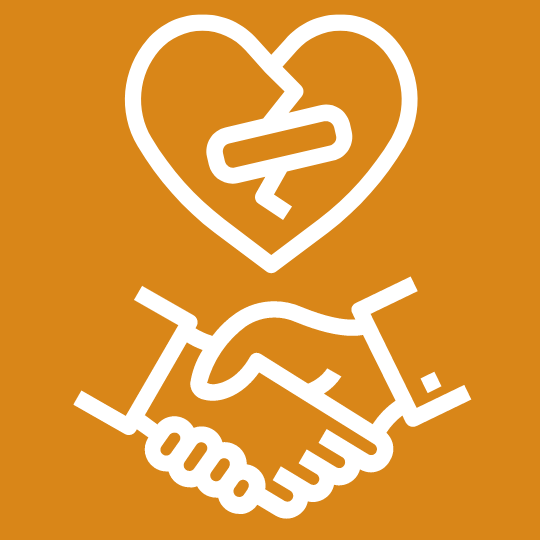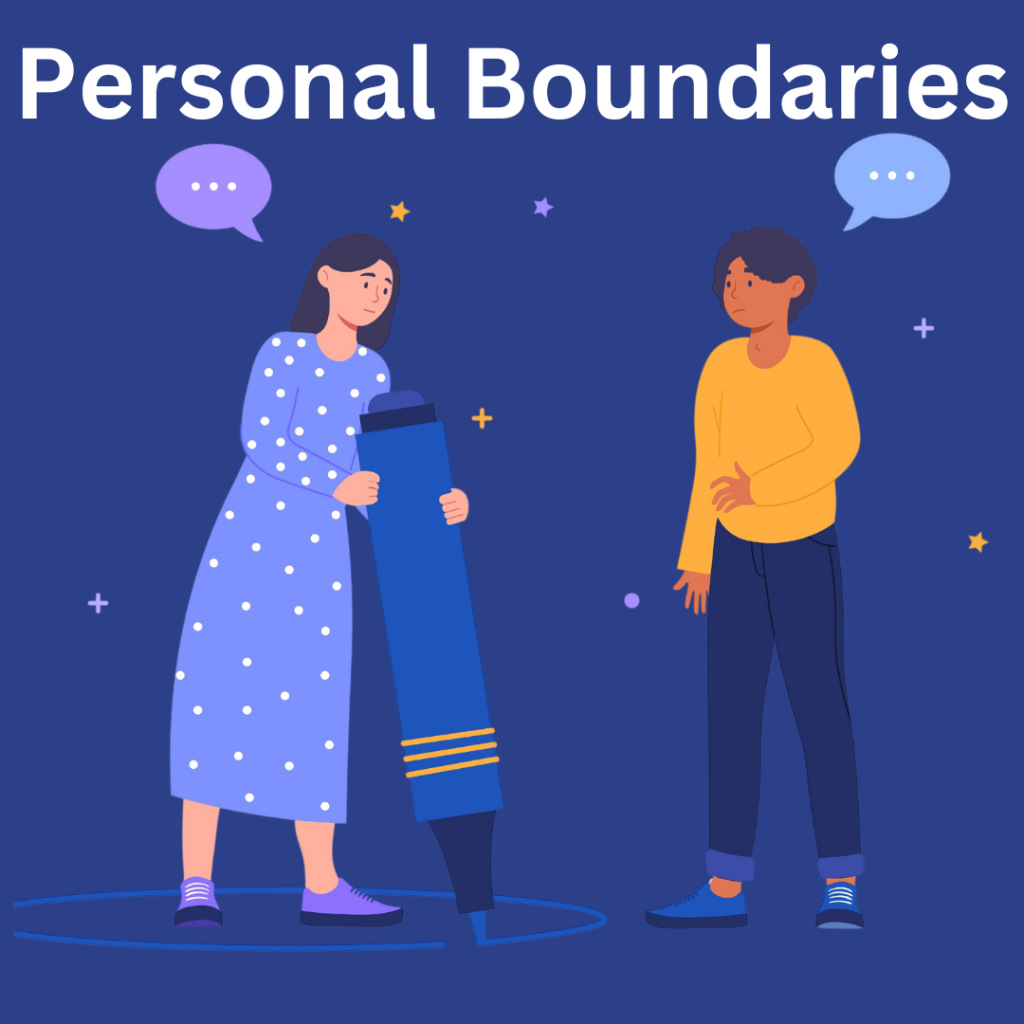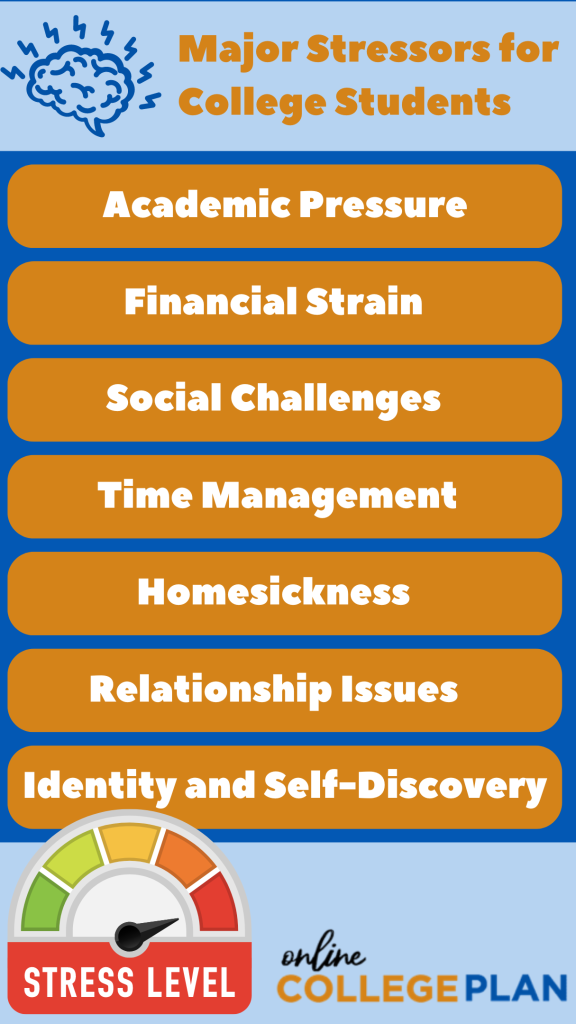Emotional Intelligence in College: Tips for Success
Find your degree

Let’s talk about emotional intelligence, also called EI, EQ, or emotional maturity. In short, it’s the ability to understand and handle our own emotions and navigate the feelings of those around us. Emotional intelligence in college is a pretty big deal. Have you ever wondered why some college students seem to breeze through academics and social life while others struggle to find their groove? Could there be some hidden factor at play? Maybe. Emotional intelligence shapes how we connect with others, influences our decisions, and seriously impacts our overall well-being.
Related Resource: Staying Healthy in College: An Easy Guide for Physical and Mental Well-Being
Emotional life is a domain that, as surely as math or reading, can be handled with greater or lesser skill, and requires its unique set of competencies. And how adept a person is at those is crucial to understanding why one person thrives in life while another, of equal intellect, dead-ends: emotional aptitude is a meta-ability, determining how well we can use whatever other skills we have, including raw intellect.
Daniel Goleman-Emotional Intelligence: Why It Can Matter More Than IQ
So, how can you level EI to really shine in college? This article will explore the relationship between college success and emotional intelligence. We’ll define emotional intelligence and why it’s so beneficial. Plus, we’ll give you some tips on how to get better at it so you can be successful at college and beyond.
What is Emotional Intelligence?
Emotional intelligence is basically knowing how to deal with your own feelings and understanding what others are going through. If you have EI, you have a toolkit of skills that can help you handle the ups and downs of college life.
When you’re in tune with yourself and others, you’re able to keep your cool, show empathy, and make meaningful connections with people. These things all work together to make life smoother. This is true whether you’re dealing with school stuff, friends, family, or just everyday drama.
Unlike IQ, with its nearly one-hundred-year history of research with hundreds of thousands of people, emotional intelligence is a new concept. No one can yet say exactly how much of the variability from person to person in life’s course it accounts for. But what data exist suggest it can be as powerful, and at times more powerful, than IQ.
Daniel Goleman-Emotional Intelligence: Why It Can Matter More Than IQ
Emotional Intelligence Benefits for Students
In college, emotional smarts can make a big difference in how well you do in class, how you grow personally, and how happy you are in general. So, it’s no surprise that learning to develop these skills can really level up your college game. From dealing with annoying roommates to acing difficult exams without having a meltdown, emotional maturity can make all the difference. Next, we’ll talk about five key pillars of emotional intelligence.
1. Developing Self-Awareness and Empathy
One of the most important EI skills for college students is being self-aware. Emotional intelligence in college does not come without self awareness. Do you understand your own feelings, thoughts, and actions? If you don’t, you’re not alone. Many people lack self-awareness. But it can be learned. Another way to cultivate EI is to develop empathy for others. Empathy is the ability to put yourself in someone else’s shoes to really understand how they feel.
Getting to Know Yourself
Getting to know yourself involves discovering what makes you tick and why you react to stuff the way you do. For many people, this is no easy task. They would rather shut their eyes to the more challenging aspects of their personality. But if you can master self-awareness, you’ll have a valuable skill that will benefit you throughout life. Here are some easy ways to work on it:
- Journaling: Grab a notebook and start scribbling down your thoughts and feelings. You don’t need to be grammatically correct or have perfect handwriting. Just get it all out on paper so you can start to see your patterns and triggers. This will give you some insights into why you do what you do.
- Mindfulness: Mindfulness involves staying in the moment. It’s like giving your brain a break and focusing on what is happening here and now. You can practice mindfulness by meditating, taking deep breaths, or just chilling. It’s like hitting the mental reset button to help you feel more calm and centered.
- Getting Feedback: Usually, the people who know us the best can see stuff about us that we miss. Chat with your friends, family, or mentors and ask for some honest feedback. And try to listen to that feedback without being too defensive or thin-skinned.
Empathy: Understanding Others
If you have empathy, you can build better connections with those around you. It’s like a built-in radar for picking up on how others are feeling and being there to support them. Some people (you know who you are) are born with this radar. Others have to work at it. No matter what skill level you’re at, here are some activities you can do to foster empathy:
- Practice active listening: When someone is talking to you, give them your full attention. Often, we are already focused on what we are going to say next before the other person is even done talking. Showing genuine interest in the thoughts and feelings of another is the key to active listening.
- Explore culture and diversity: Attend cultural events and activities to learn about different traditions and ways of doing things. Introduce yourself and begin to build relationships with people from all walks of life. This one action alone can broaden your understanding of different experiences and give you brand-new perspectives.
- Engage in random acts of kindness (RAOK): RAOK refers to spontaneous, selfless gestures to bring joy, comfort, or support to others. They are meant to be done with no expectation of getting something in return. Random acts of kindness can range from small, everyday deeds like holding the door open for someone to more significant acts such as volunteering or community service. Once you begin practicing RAOK, you’ll be hooked! Check out the Random Acts of Kindness Foundation for some amazing ideas.
2. Building Effective Communication Skills
Effective communication skills are essential to improving emotional intelligence in college. They enable you to express yourself clearly and understand others more effectively. But good communication skills are also indispensable for personal growth and career advancement after graduation. Here are some techniques to enhance your verbal communication:
Verbal Strategies
Use clear and concise language: Avoid using jargon or overly complicated language. Instead, strive to communicate in a straightforward and transparent manner that is easily understood by others. People appreciate simplicity and honesty. In the words of George S. Patton, “Say what you mean and mean what you say.”
Adapt your communication style: Recognize that different people and situations may call for adjustments in your communication style. For example, you wouldn’t converse with your five-year-old nephew the same way you talk with your professors. Learn to adapt to your audience to improve interpersonal connections.
Practice active listening: We already covered this when discussing empathy, but it’s important enough to repeat. When someone else is talking, pay attention. Actively engage in conversations by focusing on the speaker, maintaining eye contact, and nodding to show understanding.
And so I had him thinking of me as a good conversationalist when, in reality, I had been merely a good listener and had encouraged him to talk.
Dale Carnegie
Non-Verbal Strategies
Non-verbal communication also plays a huge role in establishing connections. Often, they shout louder than spoken words can whisper. Consider the following strategies to enhance your non-verbal communication skills:
Pay attention to body language: Paying attention to body language can give you additional cues about a person’s feelings and intentions. For instance, if someone crosses their arms and avoids eye contact during a conversation, it could signal that they feel defensive or closed off. Similarly, if someone is leaning in and nodding while you speak, they are most likely engaged and receptive to what you are saying.
Be aware of facial expressions: Along with body language, facial expressions can say a lot about how you (and others) are feeling. If your expressions aren’t appropriate to the situation, misunderstandings can result. If you’re grinning during a serious talk, it might seem like you’re not taking it seriously. And if you’re frowning when everyone’s joking around, it could give off the wrong vibe.
By recognizing these nonverbal signals, you can adjust your approach to make the other person feel more comfortable and open to communication.
Few realize how loud their expressions really are. Be kind with what you wordlessly say.
Richelle E. Goodrich
3. Cultivating Good Relationships with Other Students at College
Late-night study sessions, dorm room parties, and joining clubs and organizations are all part of college life. They also have one thing in common: they involve other students. While these experiences can be memorable, they give you a sense of belonging and help you form positive relationships with others. Emotional intelligence in college can be developed far easier when students have strong relationships with their peers.
Why Is Building Strong Relationships with Other Students So Important?
The perks of hanging out with other students are pretty sweet. Making friends can make you feel more at home and confident at college, and having buddies to lean on can really help when things get tough. Plus, being tight with your classmates can also boost your grades. Research shows that students who feel connected to their peers are more likely to show up to class, join in discussions, and ask for help when they need it. So, what are some of the best ways to connect with other college students and build positive relationships?
Be Approachable
Being approachable means being friendly, open, and easy to talk to. An approachable student is the kind of person who smiles and says hi to people, listens when others talk, and makes an effort to include everyone.
On the flip side, an unapproachable student might come across as distant or disinterested. They might keep to themselves, avoid eye contact, or seem uninterested in talking to others.
Join Clubs and Societies
Checking out a club or group that matches your interests is a cool way to connect with people who are into the same activities. These groups are about sharing what you love with others and can help you pick up new skills and make connections.
There are clubs and groups for all kinds of interests—music, drama, art, politics, community service, science, religion, language, comedy, gaming—you get the picture. There’s something for everyone! These groups usually host events, have meetings, and hold fundraisers, which give students chances to hang out with each other and get involved in the community.
Check out Sports and Recreation Groups
Playing sports or engaging in competitions is a great way to make friends with other students. It helps you work as a team and bond with others. Plus, it’s a great way to get active and stay in shape.
Most campuses have a wide range of sports and activities you can try, such as basketball, soccer, volleyball, hiking, and yoga. Many colleges also have sports leagues where students can compete in a supportive and friendly environment.
Get Involved in Peer-to-Peer Learning
Another way to connect with your classmates is by bonding over your shared academic interests. This means teaming up with your peers to tackle course materials and concepts together. Peer learning can happen in different ways, like group projects, study groups, giving feedback to each other, or just talking about the stuff you’re learning.
When you work together, you can really grasp the course materials better and pick up new ideas from each other. This can create a supportive vibe where everyone feels comfortable asking questions and getting feedback. And if there’s no group or study session for what you’re into, why not start one yourself?
Seek and Offer Guidance
One of the best ways to make friends with other college students is to ask for their advice. You can do this by getting help with your schoolwork, talking about personal stuff, or just having a casual chat. Students willing to share what they know can be really helpful to those just getting started.
Another way to make friends with other students is to offer YOUR guidance to THEM. You can be a mentor and help others figure out the ups and downs of college life. Mentoring can happen in different ways, like tutoring, coaching, or just being a good listener.
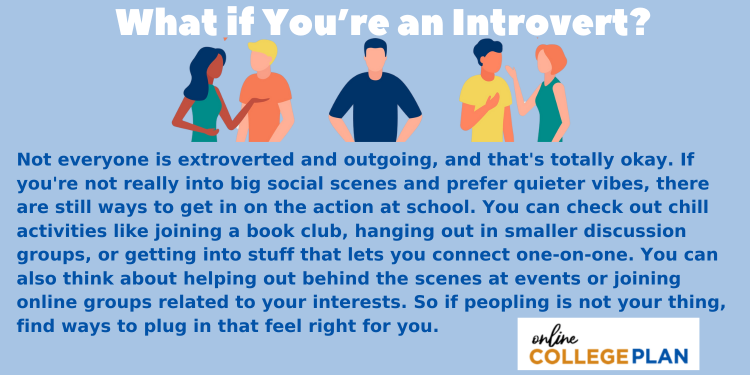
Dealing with Conflicts and Misunderstandings
Misunderstanding and conflict are just part of having relationships. But for those who struggle with handling emotions, these situations can feel catastrophic. Although it may seem awkward, dealing with them right away is essential so they don’t get worse and mess up the relationship. Learning how to resolve conflicts is a big deal for college students, and it’ll also help you out in your work, personal, and domestic life. So, getting the hang of it now can make all your relationships smoother later on. Here are some tips to help you out:
Listen Up: When you’re having a conversation, really listen to what the other person is saying and try to get where they’re coming from. This can help avoid misunderstandings and show that you care about their point of view.
Speak Your Mind: It’s important to say how you feel in a way that’s not confrontational. Instead of pointing fingers at them, use “I” statements to explain how their actions made you feel. A few examples of “I” statements include:
- “I feel disappointed when promises are not kept.”
- “I feel frustrated when I’m interrupted while speaking.”
- “I feel ignored when my opinions are dismissed.”
Find Common Ground: Look for things you both agree on. This can help lay the groundwork for working things out. Be ready to find a middle ground and come up with a solution that works for both of you.
Apologize When You’re Wrong: For many people, “sorry” is one of the hardest words to say. But sometimes, an apology is in order. When you say sorry, show that you understand how your actions affected the other person and ask them how you can make it right.
Forgive and Forget: Forgiveness means letting go of anger and hard feelings toward the other person. It doesn’t mean you have to forget what happened, but that you’re willing to move on and work on fixing the relationship.
Setting Healthy Boundaries
Boundaries serve as guidelines that define what is acceptable and what is not in terms of behavior, communication, and personal space. Every individual has their unique set of boundaries, which define their comfort levels and personal limits. Recognizing that everyone has the right to their boundaries is crucial in fostering healthy relationships in college.
Determine Your Personal Boundaries:
By setting and enforcing your own personal boundaries, you can ensure that your relationships are respectful and supportive. How do you go about setting healthy boundaries? Here are some practical strategies to consider:
- Reflect on your values and needs: Take the time to understand your own values, needs, and limits. This self-reflection will help you identify what is important to you and what you require from your relationships.
- Communicate assertively: Clearly express your boundaries to others in a respectful and assertive manner. Be honest about your limits and expectations, using “I” statements to avoid sounding accusatory or confrontational.
- Be consistent: It’s essential to consistently uphold the boundaries you set. This means firmly but kindly reminding others of your limits and not allowing them to be crossed.
- Recognize red flags: Pay attention to any signs of disrespect or disregard for your boundaries. If someone constantly ignores or violates your limits, it may be necessary to reevaluate the relationship.
Respect Other People’s Boundaries
Having healthy boundaries is a two-way street. When it comes to your college relationships, you also need to respect other students’ boundaries. The foundation of any successful and fulfilling relationship lies in mutual respect and understanding. By acknowledging and honoring the boundaries of others, you can create an environment that fosters trust, open communication, and emotional well-being.
4. Handling Stress and Building Resilience
Stress in college is like a snowball effect, right? First comes the burnout – staying up all night to cram for tests or finish papers. Then anxiety creeps in with thoughts like “Will I pass?” or “Am I good enough?” And if you don’t learn how to manage these emotions, depression might be next on the list. Not fun at all! Hence, it’s vital to master the art of bouncing back from adversity. Having a toolbox full of stress-handling tools can make a big difference when dealing with the intense demands and challenges thrown at you by college life.
Understanding Stress and Its Impact
Stress and anxiety in college can stem from all kinds of sources. These may include academic pressure, high workload, deadlines, financial concerns, social expectations, and adjusting to a new environment. The surge of obligations and obstacles can rattle your mental stability and physical energy. It muddles up your memory and screws with your decision-making skills, which can make academics a real struggle. It also throws off your sleep schedule and can make you lose your appetite. Your mood takes a hit, too, leaving you feeling down overall – not exactly the best for being at the top of your game.
Coping Strategies for Building Resilience
Resilience is basically about bouncing back when life throws you a curveball. Resilient people can handle tough stuff, adapt to changes, and keep going even when things get rough. Everyone has challenges and setbacks. But those with high EI have resilience, so it doesn’t knock them down for too long. Want to learn how to roll with the punches and come back stronger on the other side? Here are some strategies and coping skills that can help:
Develop a support network: Surround yourself with friends, family, mentors, or support groups. We all need people who can provide emotional support and practical advice during challenging times.
Focus on self-care: Too many students push themselves to exhaustion and experience burnout. To avoid this, you absolutely must prioritize your well-being. Don’t skip meals. Take the time to nourish yourself with healthy, nutritious food. Drink plenty of water to stay hydrated. And don’t skimp on sleep – make sure you’re getting enough shut-eye to tackle your day.
Get your body moving: Exercise helps you chill out by releasing natural mood lifters called endorphins. At the same time, it dials down stress hormones like cortisol and adrenaline. It’s a double whammy that leaves you relaxed and rejuvenated.
Practice mindfulness: Being mindful brings you back to the present moment and helps you manage your thoughts and emotions. Whether through focused breathing, meditation, or pausing to notice your surroundings, mindfulness is your superpower for dealing with stress.
Have fun: If you’re stressed and don’t know why, you may simply not be enjoying your life enough. Having fun is a fantastic way to kick stress to the curb. Go to the movies, hang out with friends, play a favorite sport, or dive into a hobby you love. Doing things that bring you joy can work wonders for your stress levels. When you’re having a good time, your mind gets a break from whatever’s been weighing on you. Even if you feel too busy, never underestimate the power of a little downtime.
Manage your time: Prioritize tasks, create a schedule, and break down assignments into manageable chunks. Effective time management can go a long way in alleviating your stress. If you’re feeling too overwhelmed to get started, there are many helpful planner apps to help you stay organized in college.
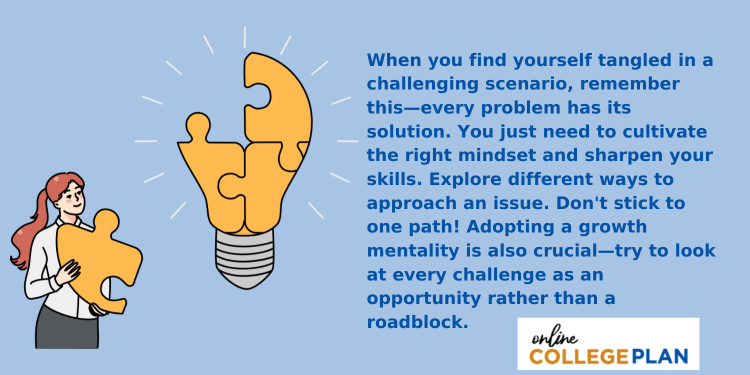
5. Mental Health Support When Needed
College life is exciting, challenging, and everything in between! So, it’s totally normal to experience a range of emotions during this time. However, it’s essential to recognize the signs of emotional distress and seek help when needed. Don’t forget, you’re not on this journey solo – reaching out is an act of bravery. Emotional intelligence in college is easier to find when you know you’re not alone.
I increasingly see students these days (PhD students I supervise, PhD students I observe and Masters students I observe) who have poor mental health.
It is, perhaps, the single most important factor that can make students struggle to succeed in their studies.
Stephen Westland-Professor of Color Science at University of Leeds
Spotting Emotional Distress Signals
Understanding when you’re not feeling right emotionally can be tricky. But if stress and anxiety are taking over your life, or if you find yourself constantly down or overwhelmed – it’s time to pay attention. These could be signs that help is needed, and there’s nothing wrong with asking for it. What are some telltale symptoms of emotional distress?
- Feeling totally swamped and overwhelmed
- Finding it hard to focus on anything.
- Not having an appetite or having trouble sleeping
- Being super cranky or feeling on edge all the time.
- Feeling anxious or fearful, sometimes even out of the blue
- Not wanting to hang with your friends
- Feeling sad and hopeless much of the time
- Losing interest in things that used to be awesome
- Dealing with random headaches, tummy troubles, or weird aches and pains that don’t make sense.
These signs can vary from person to person. You may have several of the symptoms on this list or just one or two. But if you do, don’t brush it off. They may all be red flags pointing toward mental health issues that need addressing ASAP. Thoughts about hurting yourself shouldn’t be ignored either. If you’re noticing these signs in yourself or a friend, immediately reach out for help and talk to a pro about what’s happening.
Utilizing Campus Resources
Most colleges have got your back when it comes to mental health support. They’ve got counseling centers, support groups, and connections to mental health pros to help you out. If you’re not sure where to start, hit up your college’s counseling center – they can hook you up with information on what’s available and help you get set up with the right support. And remember, taking care of your mental health is just as important as looking after your physical health. It’s an emotionally intelligent and positive move for your well-being and your academic success.
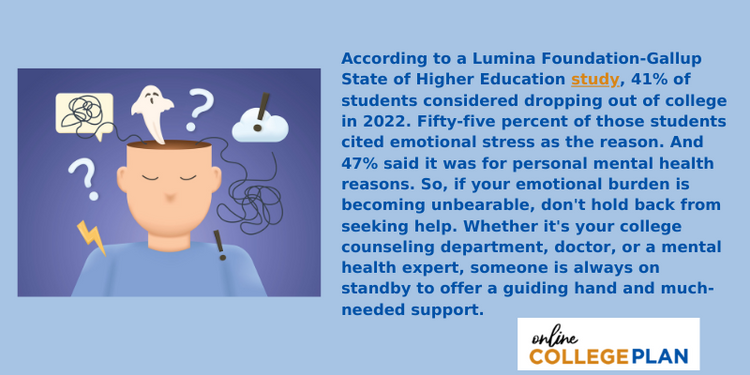
Frequently Asked Questions About Emotional Intelligence
To boost your emotional intelligence, start by getting to know yourself better and understanding your emotions. Work on managing your feelings and reactions and try to see things from other people’s perspectives to improve your empathy. It’s also important to brush up on your people skills, like communicating well and being a good listener.
Highly emotionally intelligent people are great at understanding and managing their own emotions. They’re also skilled at empathizing with others and have strong interpersonal skills, such as communication and conflict resolution. They tend to be adaptable and resilient in the face of challenges and are good at building and maintaining positive relationships.
It depends. While highly intelligent people might excel in cognitive abilities, they may not always prioritize or develop strong emotional intelligence. The skills related to emotional intelligence are separate from those of cognitive intelligence. So, it’s possible for someone to be highly intelligent yet still have room to grow more emotionally intelligent.
Yes. There are many different assessments and tests designed to evaluate different aspects of emotional intelligence, such as self-awareness, empathy, social skills, and emotional regulation. These measurements can provide insights into a person’s strengths and areas for growth.
Examples of emotional intelligence include staying calm under pressure, resolving conflicts by understanding others’ perspectives, showing empathy and support to friends in need, communicating assertively but respectfully, and adapting to different social situations while maintaining a positive attitude.
Emotional intelligence helps students handle the stress of academics, build strong relationships with peers and professors, and navigate the ups and downs of college life. It also plays a big role in decision-making, communication, and managing emotions, all of which are crucial for success in both personal and academic aspects of college.
Usually. Through self-awareness, practice, and learning from experiences, people can become more emotionally intelligent over time. As individuals navigate various life situations, they often develop a deeper understanding of their emotions and how to manage them effectively, contributing to an overall increase in emotional intelligence.

